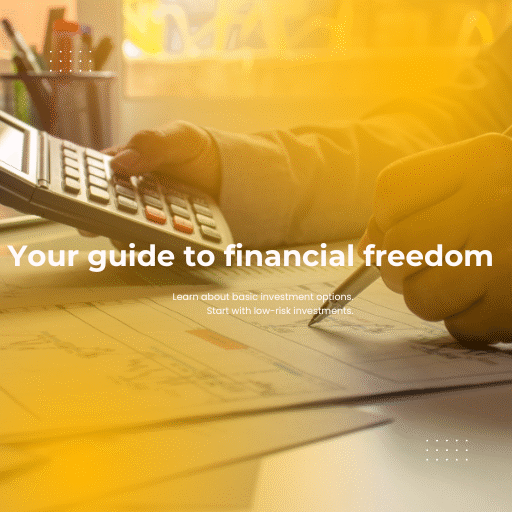Budgeting is an essential tool for managing your finances effectively. By creating a smart budget, you can save more money without having to make significant sacrifices in your daily life. In this ultimate guide to smart budgeting, we will explore practical tips and strategies to help you achieve your financial goals while still enjoying the things you love.
The first step in smart budgeting is to track your expenses. Start by keeping a record of everything you spend money on, from groceries to utility bills. This will give you a clear picture of where your money is going and help you identify areas where you can cut back.
Once you have a good understanding of your spending habits, it’s time to create a budget. Allocate specific amounts for different categories such as housing, transportation, food, and entertainment. Be realistic and flexible with your budget to ensure it’s sustainable in the long run.
One key strategy for saving money is to prioritize your spending. Identify your needs versus wants and focus on fulfilling your needs first. Cut back on unnecessary expenses to free up more money for savings or investments.
Another effective way to save money is to set financial goals. Whether it’s building an emergency fund, paying off debt, or saving for a big purchase, having clear goals can motivate you to stick to your budget and stay on track.
Automating your savings can also help you stay disciplined with your finances. Set up automatic transfers from your checking account to your savings account each month to ensure you’re consistently putting money away for the future.
When it comes to cutting costs, look for ways to reduce your monthly bills. Consider negotiating with service providers for lower rates or switching to cheaper alternatives. Small changes can add up to significant savings over time.
Meal planning is another smart budgeting tip that can help you save money on groceries and dining out. Prepare a weekly meal plan, make a shopping list, and cook at home more often to avoid overspending on food.
To avoid impulse purchases, try implementing the 24-hour rule. Before buying something non-essential, wait a day to see if you still want or need it. This can help you differentiate between impulse buys and necessary expenses.
It’s also important to regularly review and adjust your budget as needed. Life circumstances and financial priorities may change, so be flexible in adapting your budget to accommodate new goals or challenges.
When it comes to saving on everyday expenses, consider using cashback apps and discount codes when shopping online. These tools can help you get more value for your money and stretch your budget further.
In addition to cutting costs, increasing your income can also boost your savings potential. Look for ways to earn extra money through side gigs, freelance work, or selling items you no longer need.
Don’t forget to celebrate your financial milestones along the way. Whether it’s reaching a savings goal or paying off a debt, acknowledging your progress can motivate you to keep going and stay committed to your budgeting journey.
By following these smart budgeting tips and strategies, you can save more money without sacrificing the quality of your life. With discipline, determination, and a clear financial plan, you can achieve your financial goals and build a secure future for yourself and your loved ones.

